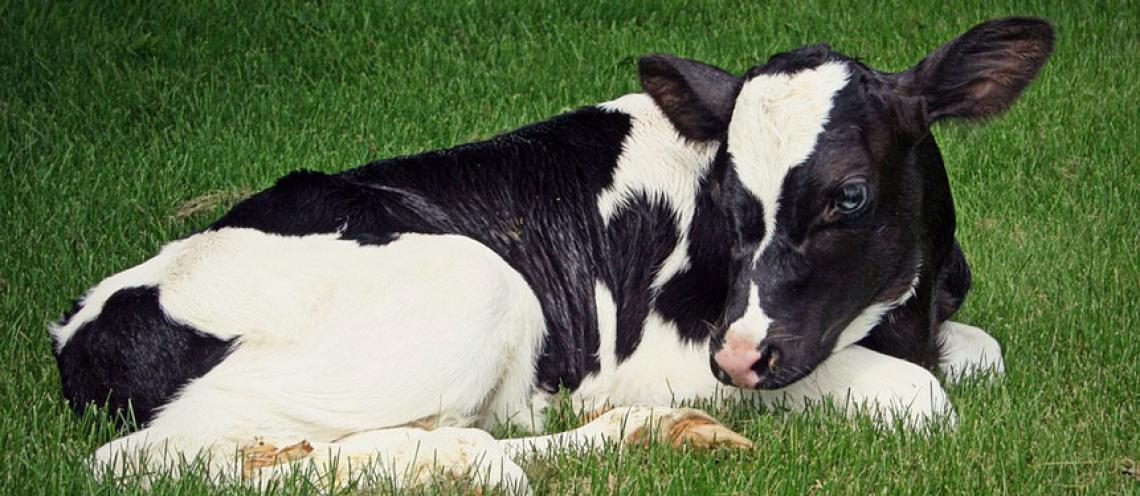
Veterinary Care on Dairy Farms
Tuesday, May 31, 2016
If you enjoyed a glass of milk, a bowl of yogurt or a latté this morning, you can thank a veterinarian.
Veterinarians play a crucial role in ensuring dairy farms have healthy, productive herds. Veterinarians regularly visit the farm to help manage the health and well-being of the herd.
Veterinarians work with the dairy producer to develop a health management plan, which becomes part of the guide in caring for the herd. The goal of the plan is to ensure the health and well-being of the entire herd.
This plan includes monitoring the general health of the herd through scheduled visits.
The health management plan includes time for the veterinarian and dairy producer to analyze and discuss herd management issues.
Reproductive examinations account for a large portion of time during routine visits. Reproductive examinations identify pregnant cows and those that are ready to breed.
Routine visits allow veterinarians to monitor the general health of the herd, as well as individual cows. This also gives them the opportunity to monitor treatments and make modifications if needed. Veterinarians often perform routine treatments, including injections, vaccinations and technical tasks, such as dehorning calves.
In addition to scheduled visits, veterinarians make “house calls” in an emergency case to care for sick cows.
Cows may become ill with diseases that are responsive to antibiotics. These cows must be separated from the milking herd or clearly identified to eliminate the risk of their milk mixing with the milk of the healthy cattle.
Milk producers have zero tolerance for antibiotics in the milk.
A nutritious diet for cattle is one of the most important factors in herd health. In order to produce milk, cows need to consume a well-balanced diet.
Veterinarians and bovine nutritionists work together to create a diet using the feedstuffs available. Dairy cows need a combination of carbohydrates, proteins, fats, and vitamins and minerals to meet their nutritional requirements. Each life stage of the animals requires different nutrients. Diets are fed based on those life stages.
Dairy farmers, nutritionists and veterinarians work together to ensure a safe, wholesome milk supply in the U.S.
by Elisabeth Giedt, DVM
Veterinary Viewpoints is provided by the faculty of the OSU Veterinary Medical Hospital. Certified by the American Animal Hospital Association, the hospital is open to the public providing routine and specialized care for all species and 24-hour emergency care, 365 days a year.
